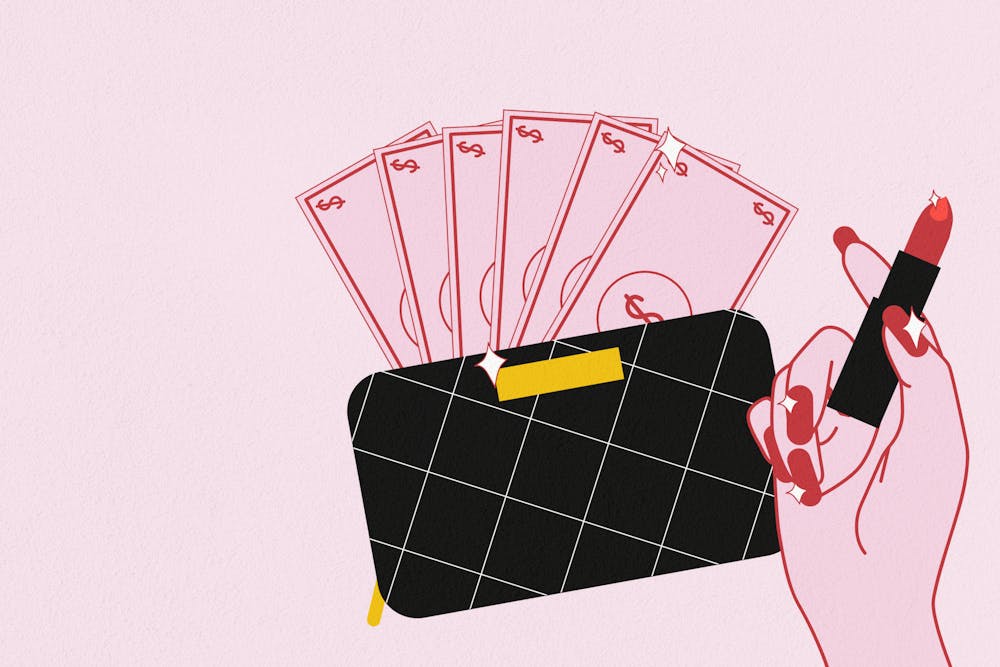Monetized dating, also known as “sugaring,” occurs when an older person financially compensates a younger person to engage in activities typical to that of an intimate relationship, whether it be going on dates or having sex. In the past couple of years, sugaring has grown both in popularity and in name. From the rise of glamorous sugar baby lifestyle influencers and movies like The New Romantic, it seems almost ubiquitous.
To those unfamiliar with being a sugar baby, the relationship is often viewed as an easy way to get money— you pay an older person a few compliments, and $3000 suddenly appears in your bank account. From Twitter to Instagram, sugar daddies (and mommies) also seem to be everywhere, almost begging to compensate a sugar baby for their companionship.
You might have been tempted to reach out to the ten s of sugar daddies and mommies that have slid into your Instagram DMs for some easy money. With usernames like “zaddymike” and "daddy_rob98467," their intent seems clear. But the real question remains: are these Instagram sugar daddies even real? I reached out to one to find out.
“Micheal Brian” slid into my DMs three days before I responded. His opening message was quick and to the point:

I played along for a bit, engaging in a bit of small talk before he finally said, “I’m willing to pay you $3500 weekly allowance through CashApp.” I quickly agreed and gave him my Cashtag, and he told me that I needed to verify my account, asking repeatedly for my email. Curious to what he needed my email for, I gave him a burner email and quickly received my “payment.”
But there was a catch. I had to pay $100 as a “CashApp charge” before I could receive my $3500. Red flags went off. CashApp doesn’t require additional charges to receive money and the email came from an email account that clearly was not a CashApp account. My five–minute sugar daddy Micheal Brian was clearly a scammer. I was sad for a bit, and then quickly got over my broken relationship with my fake sugar daddy.

These sugar daddy scammers seem to be everywhere, stalking college accounts to find and follow students in need of financial help and exploiting those left isolated and financially insecure from COVID–19. But these scams are not novel. Through merging the growing trend of sugaring with a common type of scam also known as “advance–fee fraud,” scammers have developed with the times.
While being a sugar baby seems idyllic, it’s precisely the opposite. On top of navigating scams, they also have to handle misogyny, emotional abuse, and the risk of abduction and murder. Despite the potentially empowering aspect of sugaring, it’s often an informalization of sex work that can lead to many risks and dangers without the (few) protections that sex workers get in America. With sugaring being marketed as glamorous and lucrative while becoming increasingly popular as economic inequality is on the upswing, the exponential rise of sugaring reveals its own dark side in the process.







